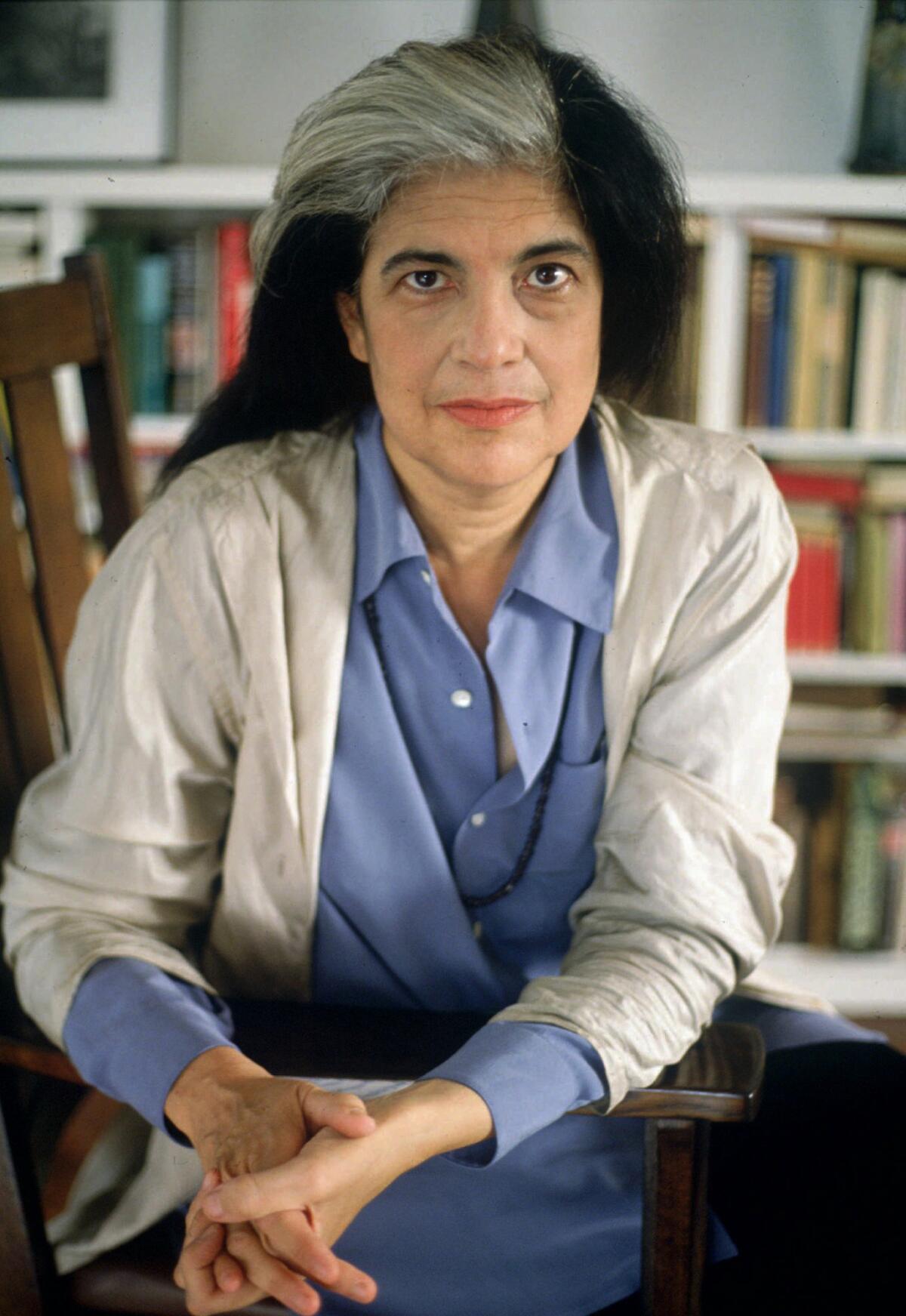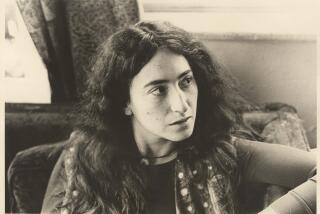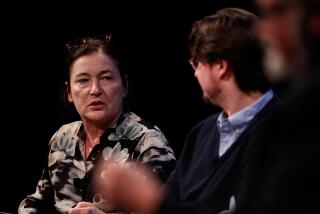Happy birthday, Susan Sontag!

¡Feliz cumpleaños, Susan Sontag! The great critic, novelist and iconoclast was born Jan. 16, 1933. Today would’ve been her 81st birthday.
Many readers associate Sontag with New York: She was born in the Big Apple and first made her name there as a critic in her late 20s. But we Angelenos know that Sontag, the author of 17 books that have been translated into 32 languages, is also one of our own.
Long before she wrote her hugely influential “On Photography,” or before she opined on the siege of Sarajevo, Susan Sontag was a Valley Girl.
Raised in Los Angeles, she was a precocious reader who devoured “Les Misérables” and other classic books she bought with her schoolgirl’s allowance. As a teenager, she frequented a long-lost Los Angeles literary landmark, and a stamping ground for many a future writer (including myself): the Pickwick bookstore on Hollywood Boulevard. She graduated from North Hollywood High School in the then-brand-new suburbs of the San Fernando Valley.
When I think of Sontag, my thoughts drift (somewhat incongruously) to the campy 1960s television show “Batman.” That’s because one of her most celebrated essays (collected in the book “Against Interpretation”) is the 1964 article “Notes on Camp.”
“Camp sees everything in quotation marks,” Sontag wrote. “It’s not a lamp, but a ‘lamp’; not a woman, but a ‘woman.’ To perceive Camp in objects and persons is to understand Being-as-Playing-a-Role. It is the farthest extension, in sensibility, of the metaphor of life as theater.”
In that essay, Sontag defined an aesthetic, born in her time, that seems to have endured long past the end of her own life (she died in 2004) and deep into the our current century.
What else did Sontag write about? What didn’t she write about is a better question. She wrote about Nazi filmmakers, pornography, choreography and puppet theater: And she helped revive interest in the great, tragic German intellectual Walter Benjamin.
Sontag was, as The Times wrote in 2004, “a fervent believer in the capacity of art to delight, to inform, to transform.”
In addition to her criticism, Sontag penned four novels, including “In America,” which won the 2000 National Book Award for fiction.
ALSO:
Shelley Jackson’s winter’s tale
‘Words Will Break Cement’ documents the Pussy Riot revolution
Hatchet Job of the Year announces 2013 shortlist, dings Morrissey
More to Read
Sign up for our Book Club newsletter
Get the latest news, events and more from the Los Angeles Times Book Club, and help us get L.A. reading and talking.
You may occasionally receive promotional content from the Los Angeles Times.







